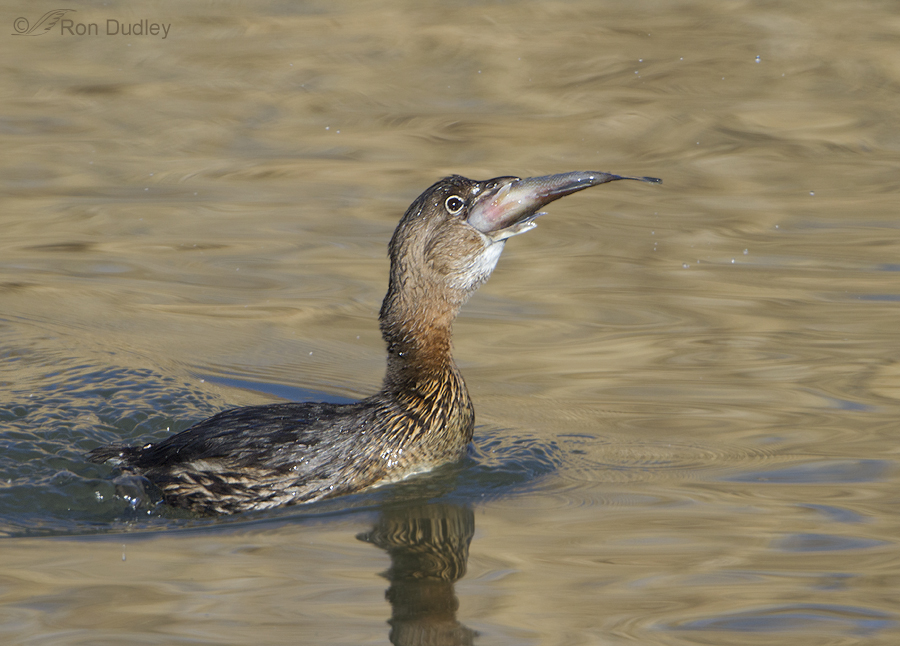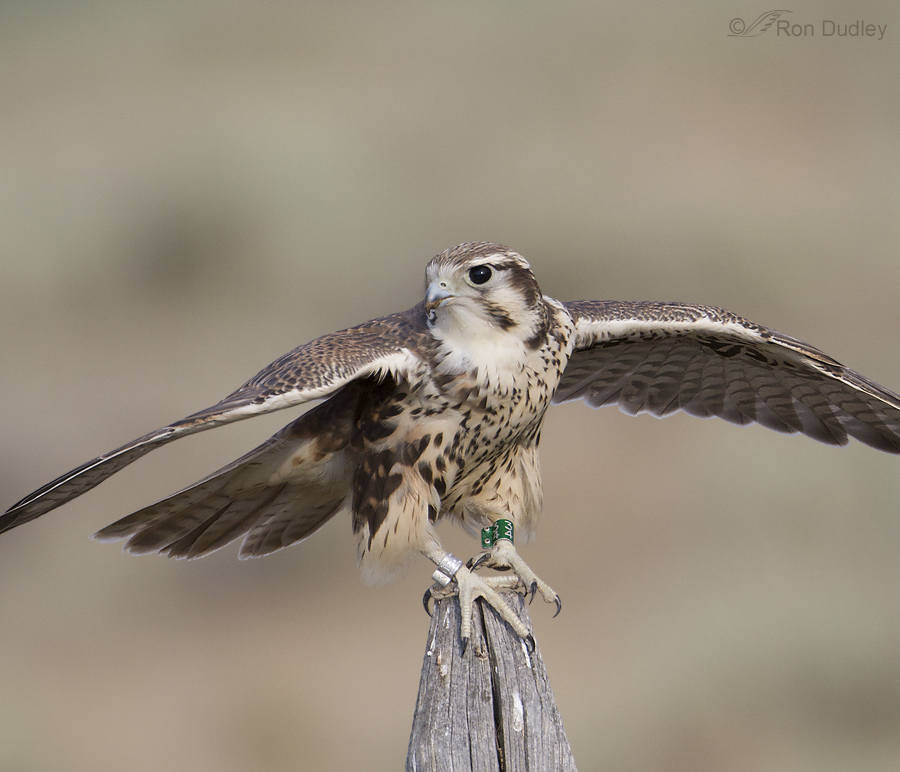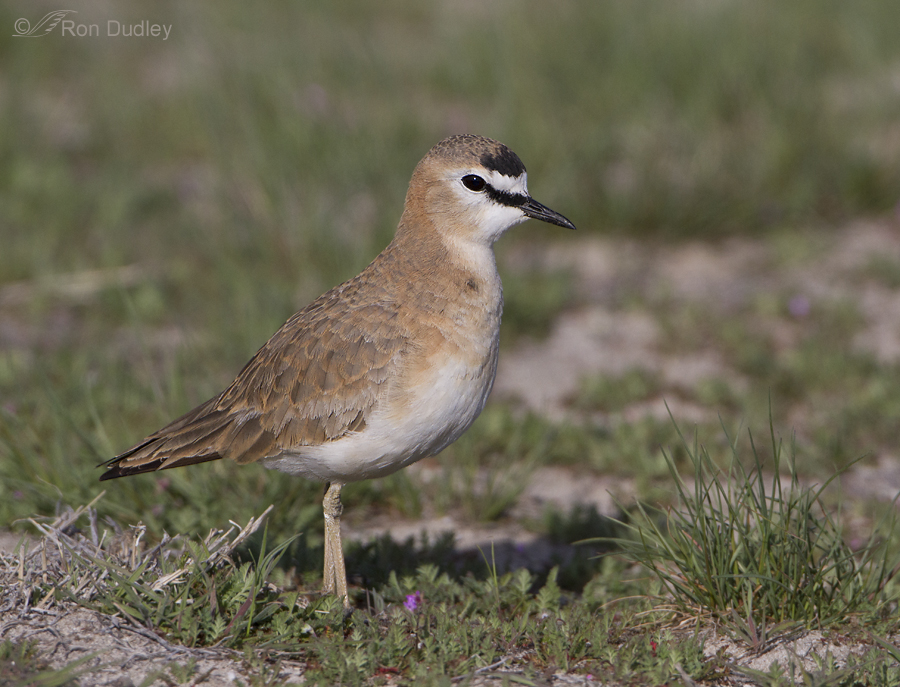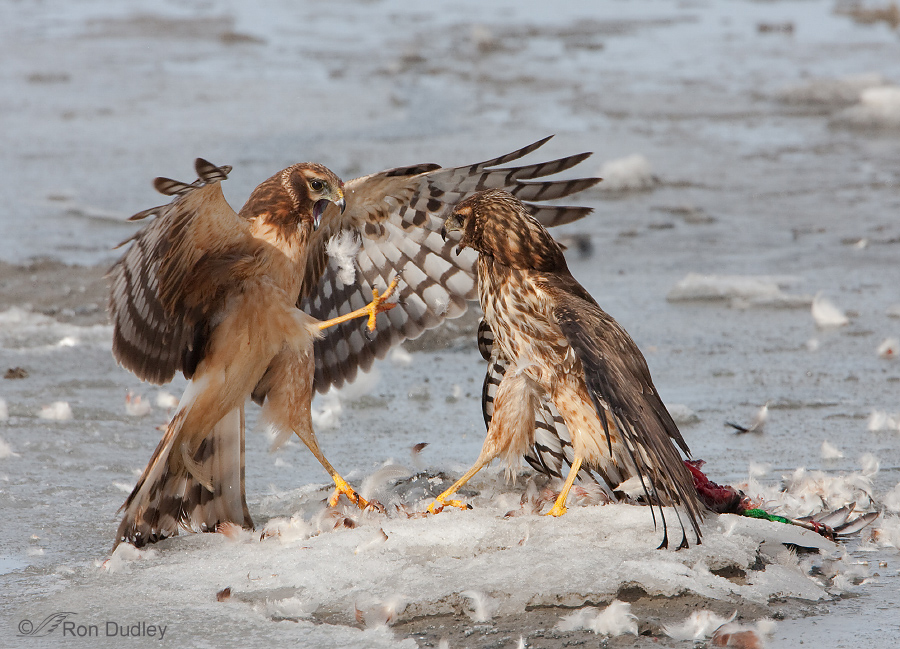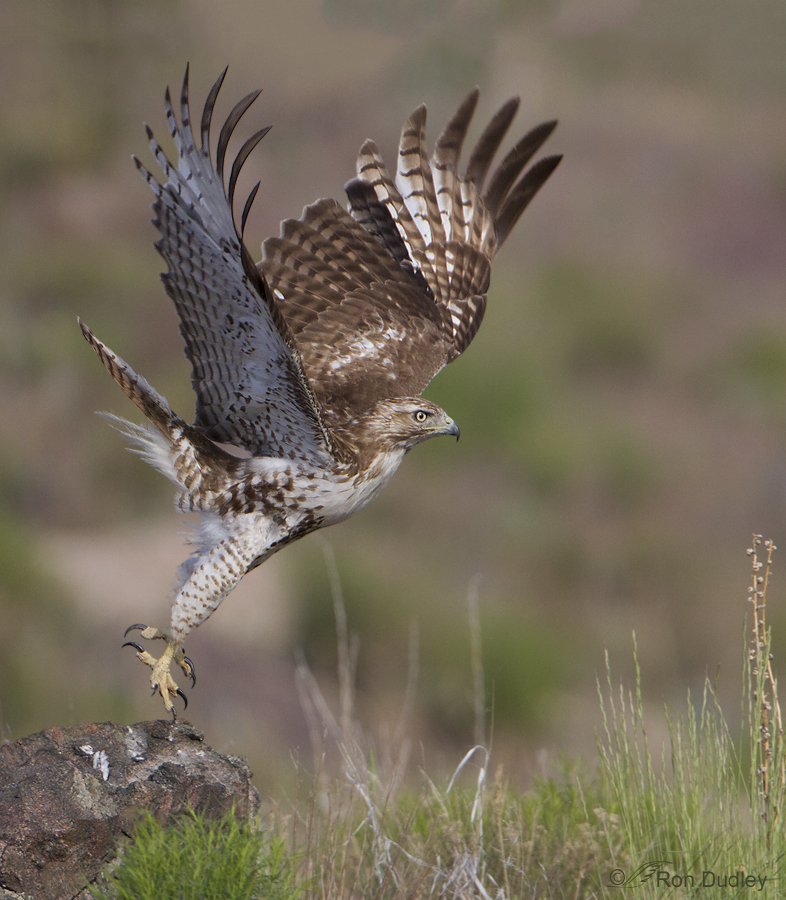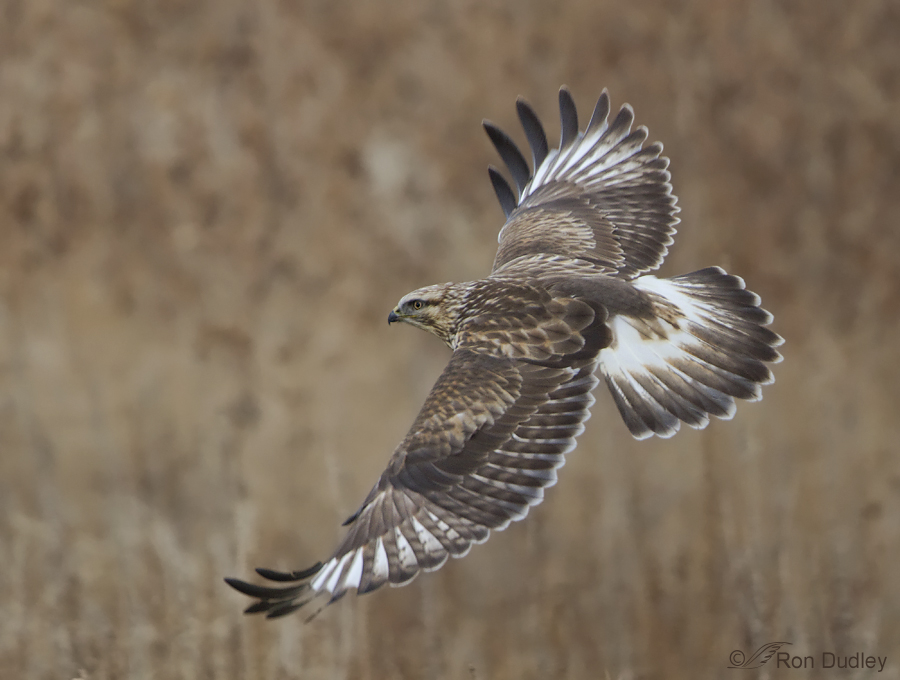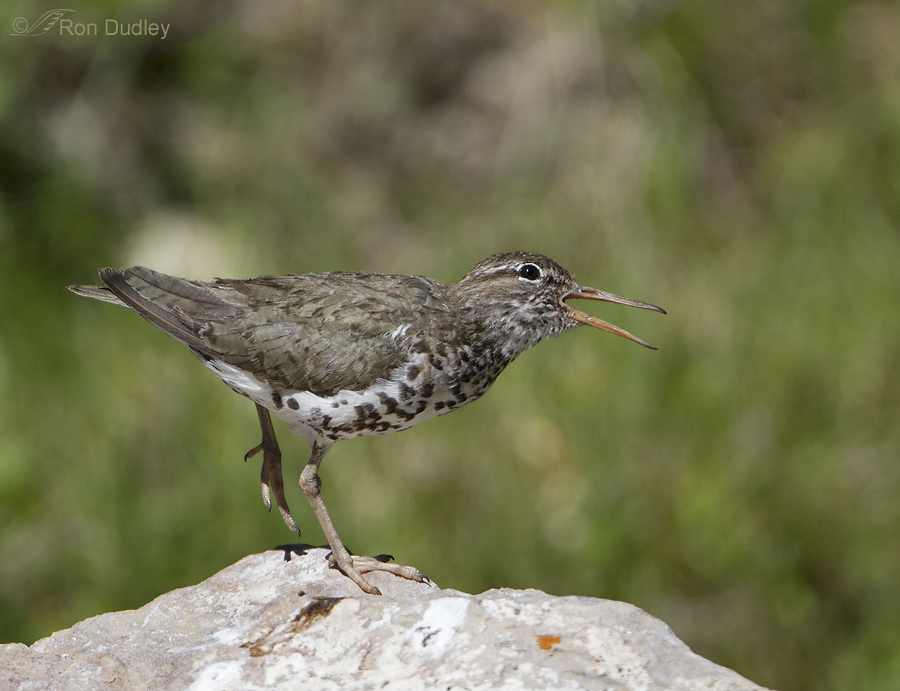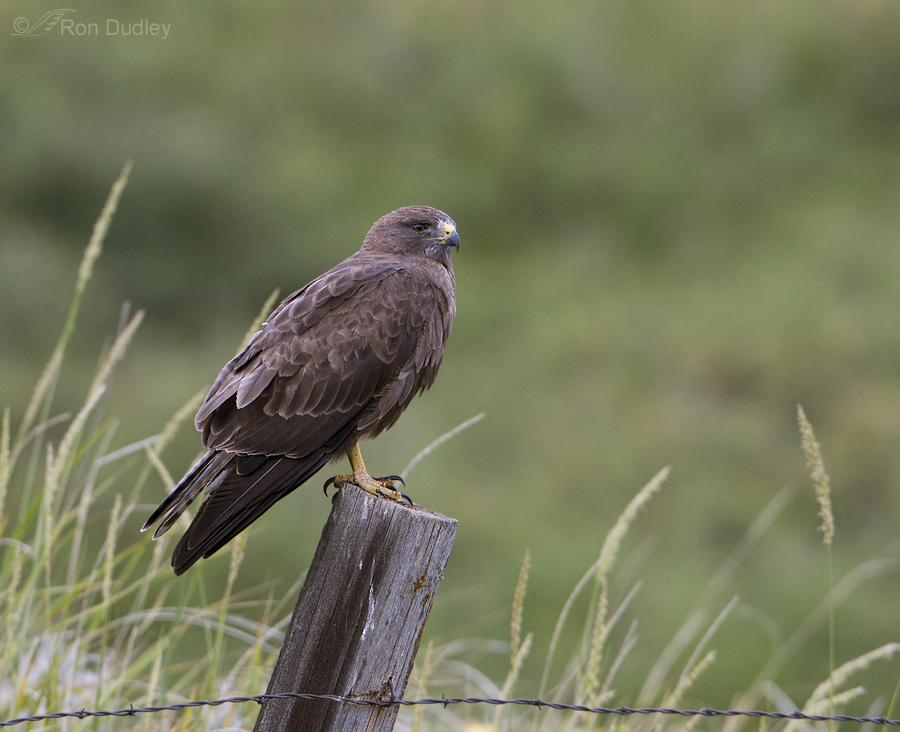Category: Birds
Injured Prairie Falcon Report From The Centennial Valley
Mountain Plovers – “Prairie Ghosts”
Western Grebe – Dumping The Chick Load
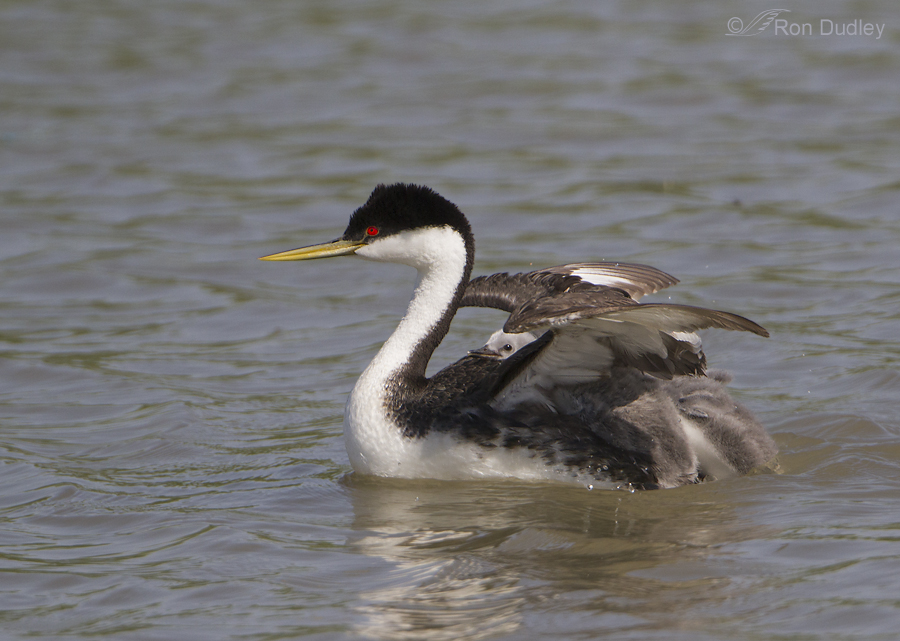
At this age Western Grebe chicks are heavy-bodied, small headed, loud, awkward and demanding. They alternately ride on the back of each parent (back brooding) as the other adult rests or hunts for fish to feed to its family. At this stage the youngsters are good swimmers and there’s often not enough room on the parents back for all of the chicks to ride comfortably anyway so the parent uses an interesting strategy to “dump its load” into the water when it needs a break.
Swainson’s Hawk Optical Illusion
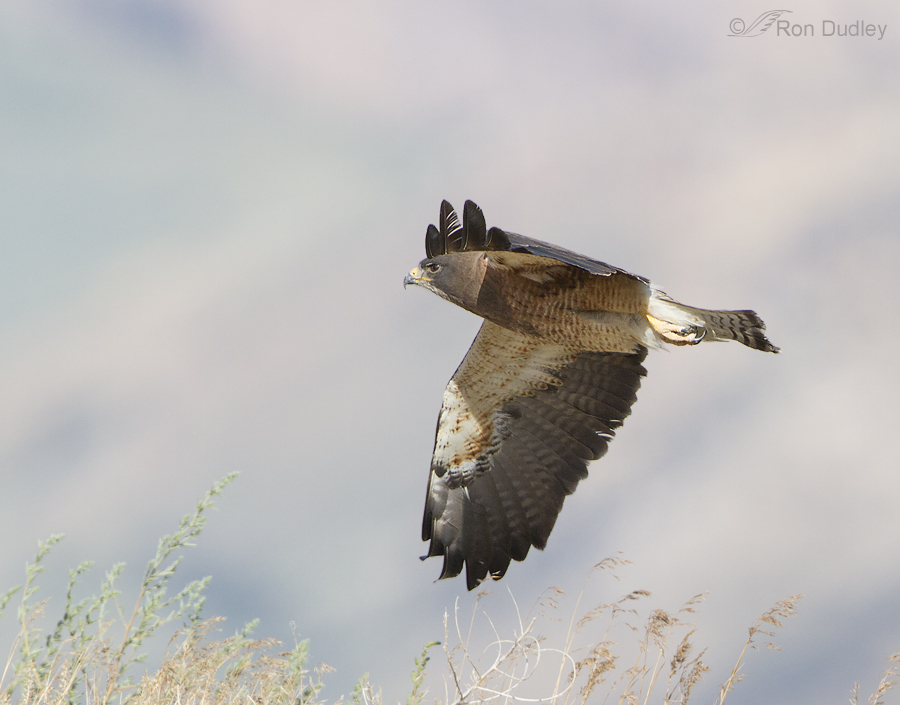
Each time I look at this image, at first the wing above the head appears to be the birds right wing on the far side of the body. But then a few seconds later my brain tells me that’s impossible because the lower wing is obviously the right wing and it’s impossible (or at least highly unlikely) for the hawk to have two right wings.
Screaming Dark Morph Ferruginous Hawk In Flight
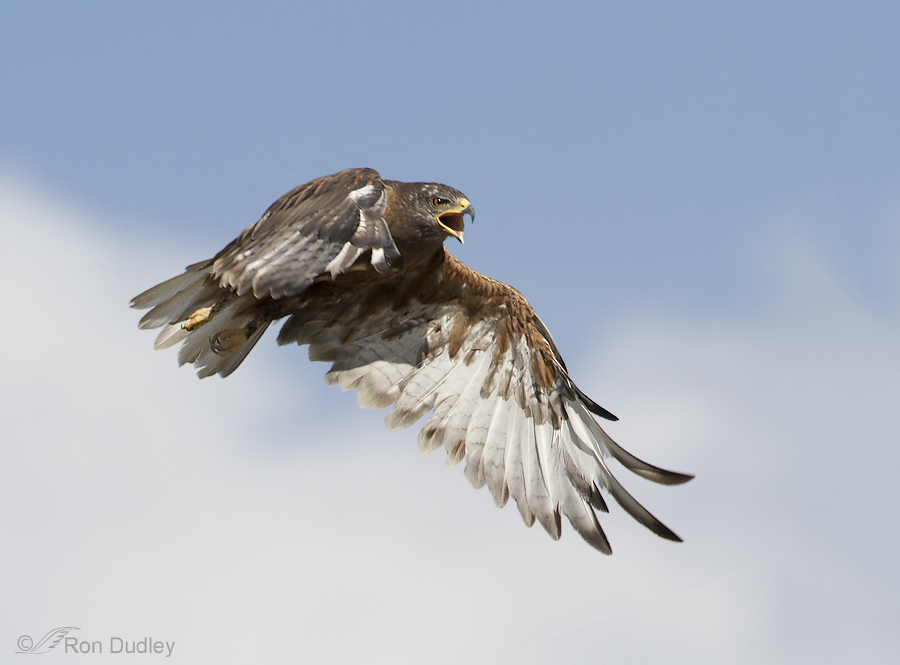
Last week, partially in an effort to get away from the aggravations of the blog hosting problems I’d been having, I decided to make the extra long drive to extreme northern Utah in a quest for Swainson’s Hawks. We found quite a few and a delightful bonus was a plethora of Ferruginous Hawks in the same area.
Feathered Photography Has Risen Again!
Changes To Feathered Photography
Loggerhead Shrike – Sagebrush Takeoff
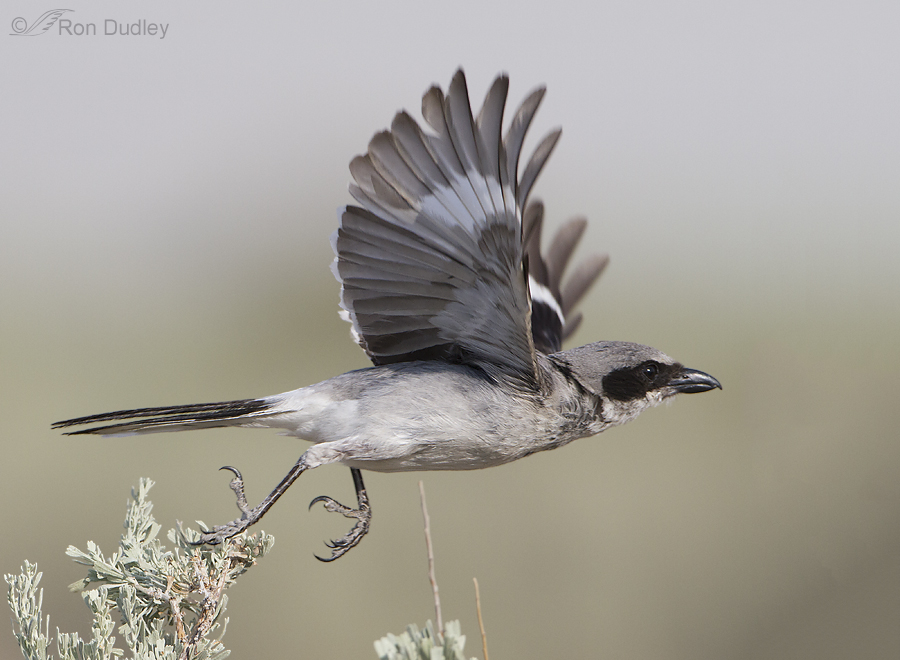
During much of the year the breast and belly of these adult birds are white but you’ll notice that this shrike is “wearing to dark” – as the plumage becomes worn the darker bases of the feathers that we don’t usually see are exposed, so feathers in those areas now appear significantly darker than usual (as was documented and discussed in this post several weeks ago).
Since that discussion which included knowledgeable comments from others I’ve noticed the same phenomenon (wearing to dark) in several other species, including Chukars.
Flaring Rough-legged Hawk
Common Raven Covered With Spider Silk
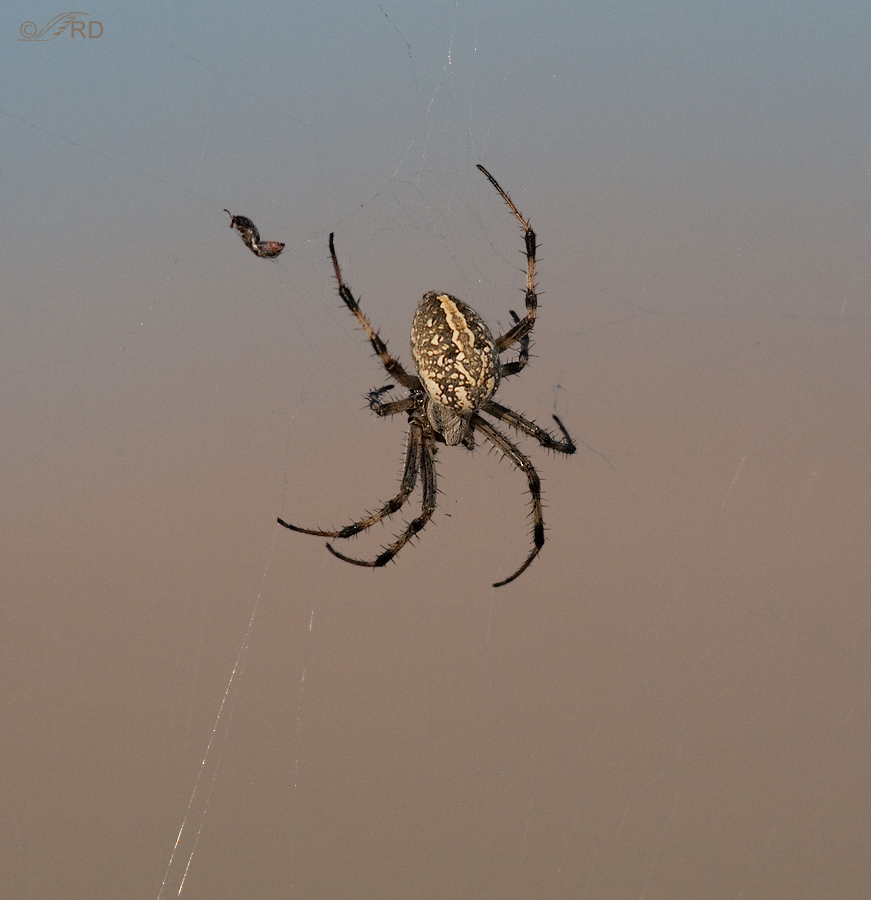
Antelope Island is crawling with spiders this time of year. Huge spiders. Gazillions of them. They’re quite obvious everywhere you go on the north end of the island and they can be intimidating in the extreme.
Two days ago as I was leaving the island I found this raven on the west end of the causeway road. It looked pretty goofy looking from a distance and as I got closer I began to realize why.
Spotted Sandpiper
A Tough Subject – Mourning Dove In Flight
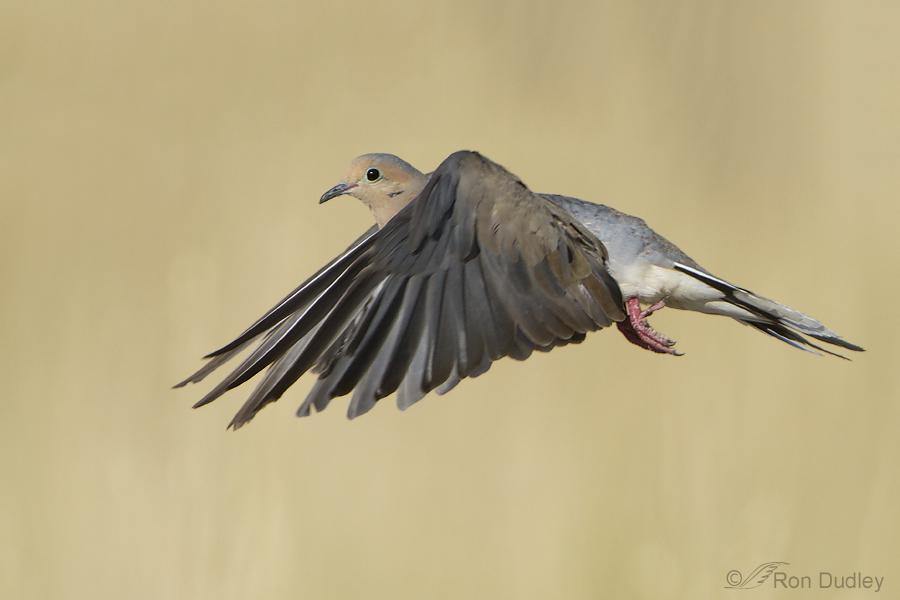
Mourning Doves one of the most difficult of all species I’ve ever attempted to photograph in flight. Their flight is fast and erratic and their take-off speed impressive (most observers are aware of the whistling noise made by their incredibly fast wing beats as they take off and land). All this makes for an aggravatingly difficult bird to photograph in flight – whether at take-off or in full flight. Until yesterday morning I still didn’t have a Mourning Dove flight shot.
Dark Morph Swainson’s Hawk And More
Intermediate Morph Swainson’s Hawk
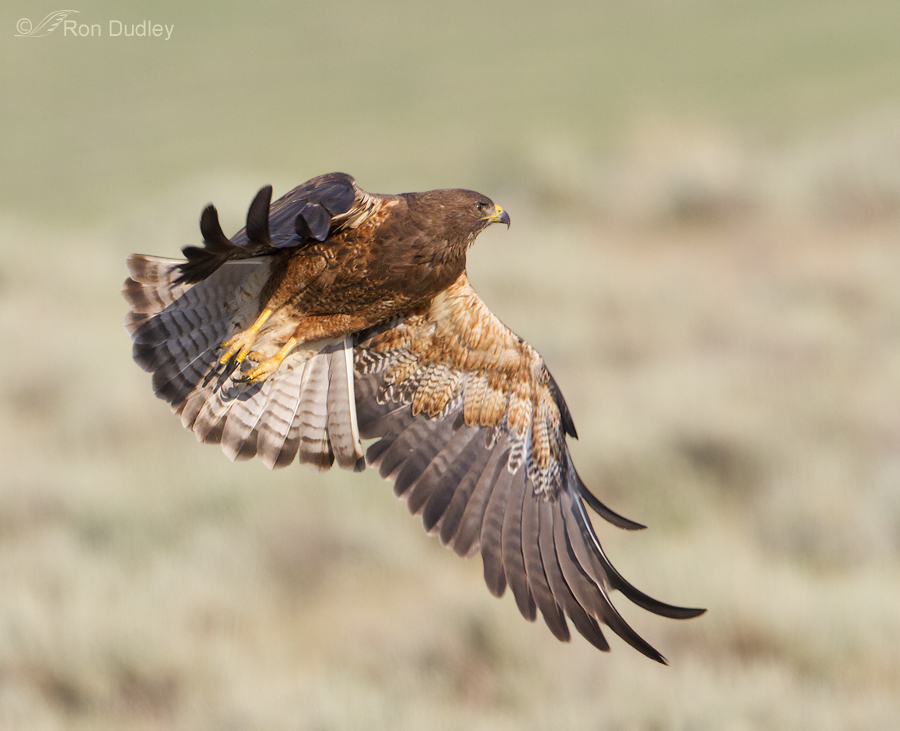
This is the third of my series of four posts on color morphs of the Swainson’s Hawk that I photographed on my last trip to Montana late last month. Todays bird is an intermediate morph.
The three morph categories are convenient to use but color variation of Swainson’s Hawks is almost continuous from darker to lighter individuals so the morph categories are somewhat arbitrary. I sometimes struggle with feeling confident about which category a particular bird belongs in.
Injured Prairie Falcon Report From The Centennial Valley
Mountain Plovers – “Prairie Ghosts”
Western Grebe – Dumping The Chick Load

At this age Western Grebe chicks are heavy-bodied, small headed, loud, awkward and demanding. They alternately ride on the back of each parent (back brooding) as the other adult rests or hunts for fish to feed to its family. At this stage the youngsters are good swimmers and there’s often not enough room on the parents back for all of the chicks to ride comfortably anyway so the parent uses an interesting strategy to “dump its load” into the water when it needs a break.
Swainson’s Hawk Optical Illusion

Each time I look at this image, at first the wing above the head appears to be the birds right wing on the far side of the body. But then a few seconds later my brain tells me that’s impossible because the lower wing is obviously the right wing and it’s impossible (or at least highly unlikely) for the hawk to have two right wings.
Screaming Dark Morph Ferruginous Hawk In Flight

Last week, partially in an effort to get away from the aggravations of the blog hosting problems I’d been having, I decided to make the extra long drive to extreme northern Utah in a quest for Swainson’s Hawks. We found quite a few and a delightful bonus was a plethora of Ferruginous Hawks in the same area.
Feathered Photography Has Risen Again!
Changes To Feathered Photography
Loggerhead Shrike – Sagebrush Takeoff

During much of the year the breast and belly of these adult birds are white but you’ll notice that this shrike is “wearing to dark” – as the plumage becomes worn the darker bases of the feathers that we don’t usually see are exposed, so feathers in those areas now appear significantly darker than usual (as was documented and discussed in this post several weeks ago).
Since that discussion which included knowledgeable comments from others I’ve noticed the same phenomenon (wearing to dark) in several other species, including Chukars.
Flaring Rough-legged Hawk
Common Raven Covered With Spider Silk

Antelope Island is crawling with spiders this time of year. Huge spiders. Gazillions of them. They’re quite obvious everywhere you go on the north end of the island and they can be intimidating in the extreme.
Two days ago as I was leaving the island I found this raven on the west end of the causeway road. It looked pretty goofy looking from a distance and as I got closer I began to realize why.
Spotted Sandpiper
A Tough Subject – Mourning Dove In Flight

Mourning Doves one of the most difficult of all species I’ve ever attempted to photograph in flight. Their flight is fast and erratic and their take-off speed impressive (most observers are aware of the whistling noise made by their incredibly fast wing beats as they take off and land). All this makes for an aggravatingly difficult bird to photograph in flight – whether at take-off or in full flight. Until yesterday morning I still didn’t have a Mourning Dove flight shot.
Dark Morph Swainson’s Hawk And More
Intermediate Morph Swainson’s Hawk

This is the third of my series of four posts on color morphs of the Swainson’s Hawk that I photographed on my last trip to Montana late last month. Todays bird is an intermediate morph.
The three morph categories are convenient to use but color variation of Swainson’s Hawks is almost continuous from darker to lighter individuals so the morph categories are somewhat arbitrary. I sometimes struggle with feeling confident about which category a particular bird belongs in.


